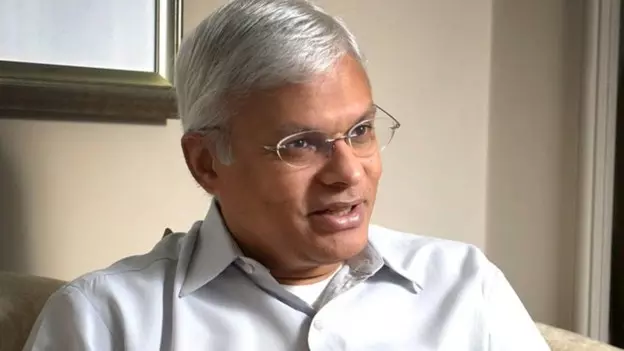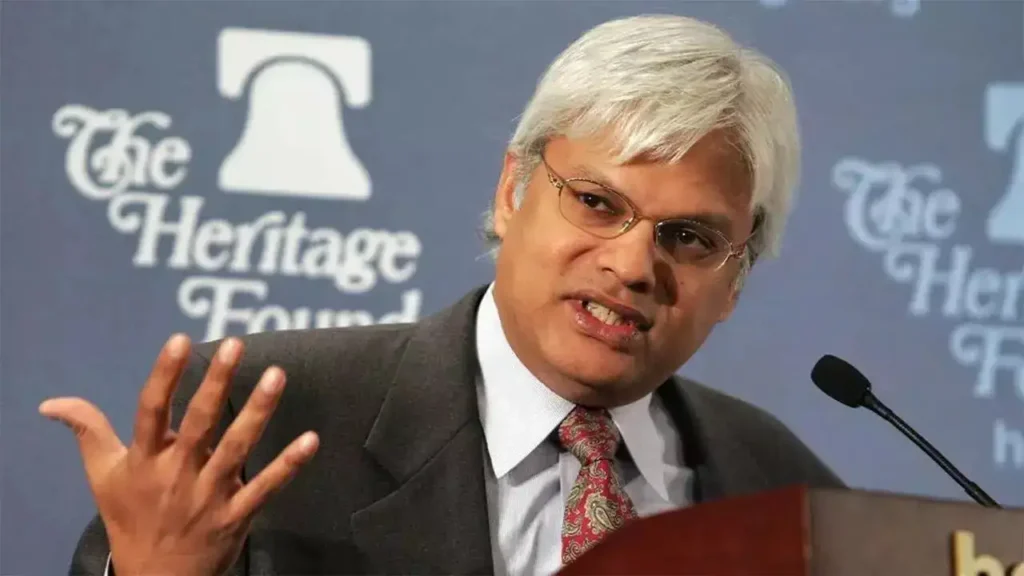In a dramatic turn of events, Ashley J. Tellis, a highly regarded U.S. policy strategist and former adviser on South Asian affairs, has been arrested and charged with unlawfully retaining classified U.S. national defense documents. The case is now under federal investigation, rattling Washington’s policy and intelligence community.
Allegations & Discovery
According to an FBI affidavit, investigators uncovered over 1,000 pages of “Top Secret” and “Secret”-marked materials in Tellis’s Virginia home during a search.
The documents reportedly include sensitive information on U.S. military aircraft capabilities, defense tactics, and foreign intelligence sources.
In recent months, he allegedly printed or directed associates to print classified documents from government facilities and then smuggled them out in briefcases.
He is also accused of meeting with Chinese officials on multiple occasions—some of which were reportedly accompanied by suspicious exchanges of documents or gift bags.
A Career Under Scrutiny
Ashley Tellis, 64, is a well-known figure in U.S.-India policy circles:
◆Born in Mumbai, he holds a Ph.D. from the University of Chicago and earlier degrees from Mumbai’s St. Xavier’s College.
◆He served on the National Security Council under President George W. Bush as a strategist on South Asia and was a senior adviser in multiple government and defense agencies.
◆He’s been affiliated with think tanks such as Carnegie Endowment for International Peace and held the Tata Chair for Strategic Affairs.
His arrest has shocked policy analysts and diplomats, especially given his past influence in shaping U.S.-India strategic ties.

Legal Consequences & Strategic Fallout
Tellis has been charged under statutes prohibiting unauthorized retention of national defense information—potential penalties include up to 10 years in prison and a fine of $250,000.
A detention hearing has been scheduled in U.S. District Court, and he is currently held in federal custody.
While the allegations are severe, prosecutors have not publicly confirmed whether any classified information was definitively transferred to foreign actors.
Geopolitical Implications
Tellis has long been regarded as a bridge between U.S. strategic interests and India’s foreign policy. His arrest raises urgent questions about:
●Trust in intelligence-sharing frameworks between the U.S. and India
●Vetting protocols for advisors with dual ties
●Vulnerability of classified networks within policy circles
Washington and New Delhi both face challenges in managing public scrutiny, diplomatic fallout, and the integrity of strategic partnerships.


